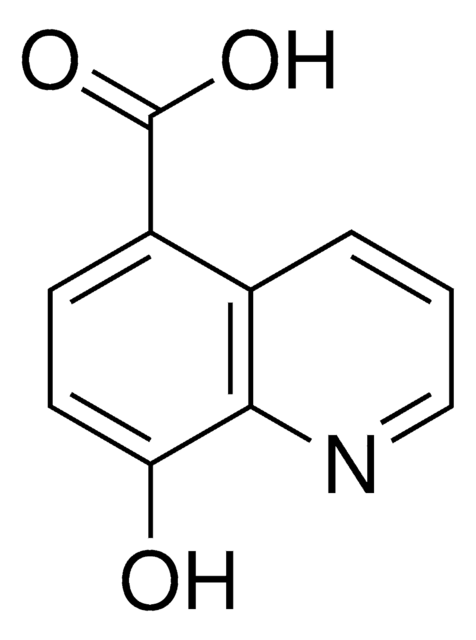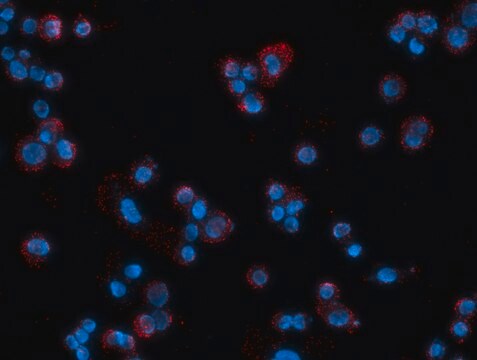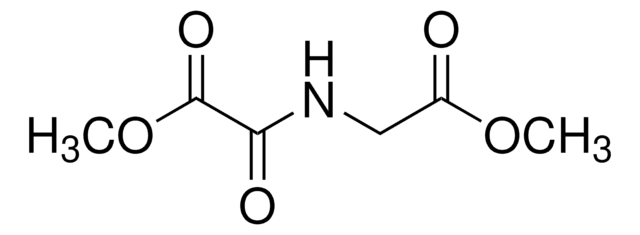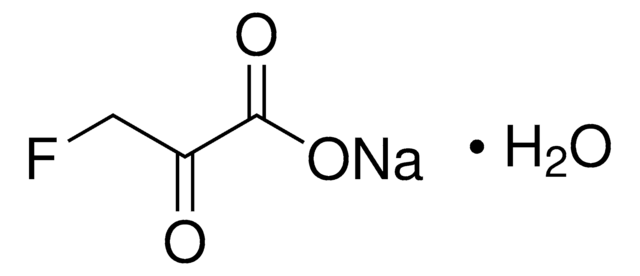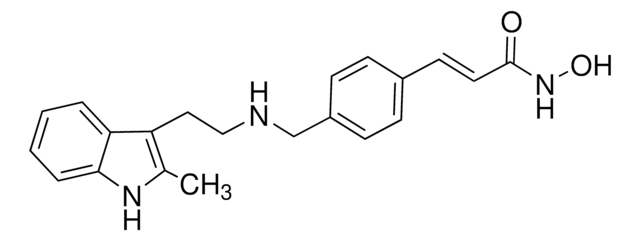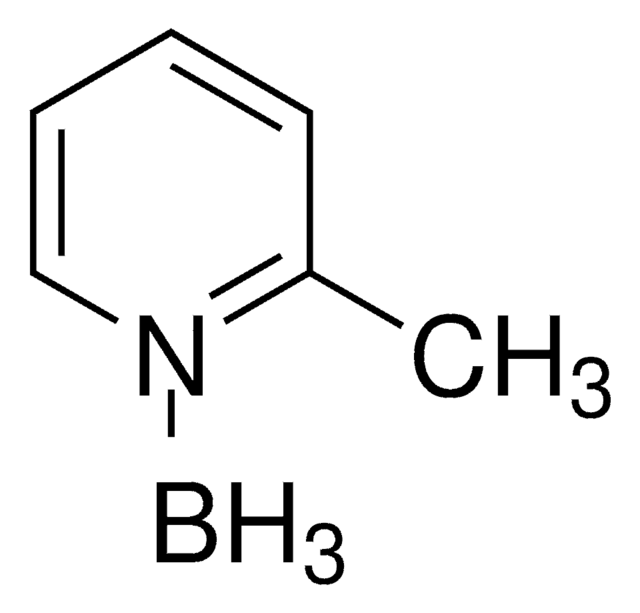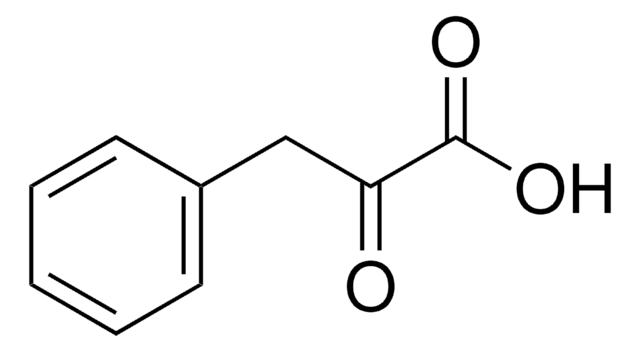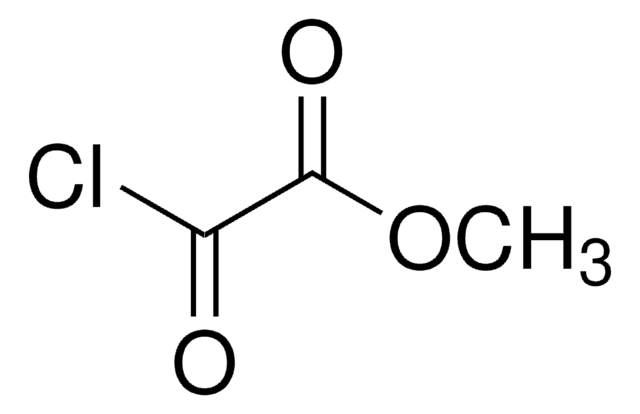O9390
N-Oxalylglycine
≥98% (HPLC)
About This Item
Productos recomendados
Quality Level
assay
≥98% (HPLC)
form
solid
storage condition
desiccated
solubility
deionized water: >10 mg/mL
storage temp.
2-8°C
SMILES string
OC(=O)CNC(=O)C(O)=O
InChI
1S/C4H5NO5/c6-2(7)1-5-3(8)4(9)10/h1H2,(H,5,8)(H,6,7)(H,9,10)
InChI key
BIMZLRFONYSTPT-UHFFFAOYSA-N
Biochem/physiol Actions
Features and Benefits
signalword
Warning
hcodes
Hazard Classifications
Acute Tox. 4 Oral
Storage Class
11 - Combustible Solids
wgk_germany
WGK 3
flash_point_f
Not applicable
flash_point_c
Not applicable
Elija entre una de las versiones más recientes:
Certificados de análisis (COA)
¿No ve la versión correcta?
Si necesita una versión concreta, puede buscar un certificado específico por el número de lote.
¿Ya tiene este producto?
Encuentre la documentación para los productos que ha comprado recientemente en la Biblioteca de documentos.
Artículos
Epigenetic modifications are thought to occur through two key interconnected processes—DNA methylation and the covalent modification of histones.
Contenido relacionado
DISCOVER Bioactive Small Molecules for Neuroscience
We offer a variety of small molecule research tools, such as transcription factor modulators, inhibitors of chromatin modifying enzymes, and agonists/antagonists for target identification and validation in gene regulation research; a selection of these research tools is shown below.
Nuestro equipo de científicos tiene experiencia en todas las áreas de investigación: Ciencias de la vida, Ciencia de los materiales, Síntesis química, Cromatografía, Analítica y muchas otras.
Póngase en contacto con el Servicio técnico